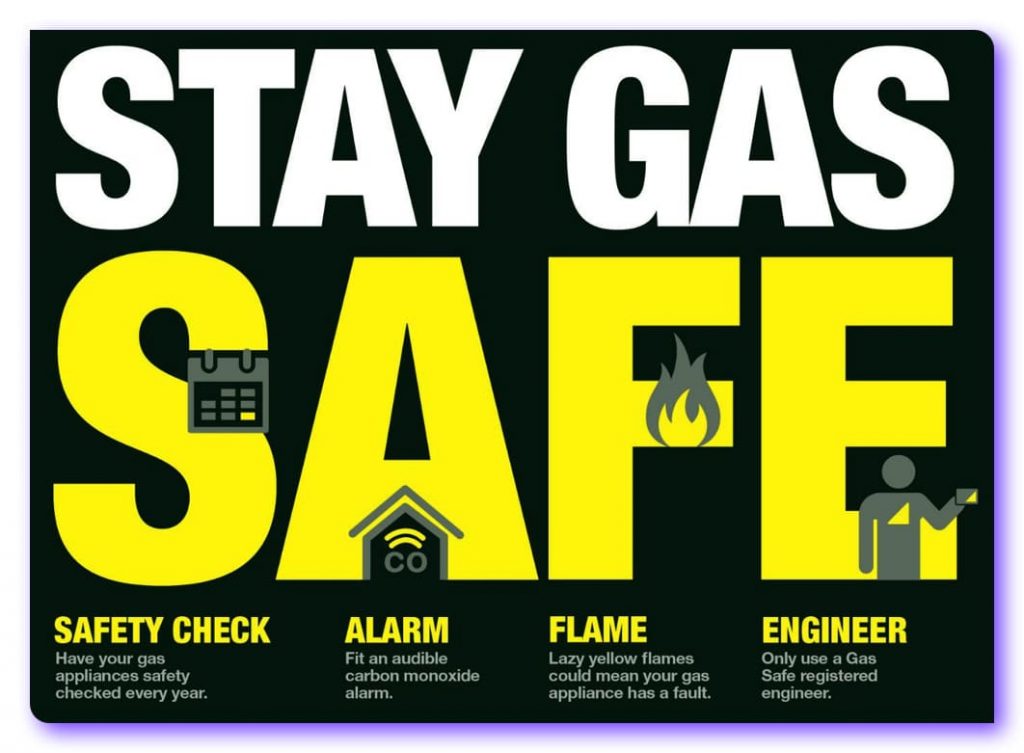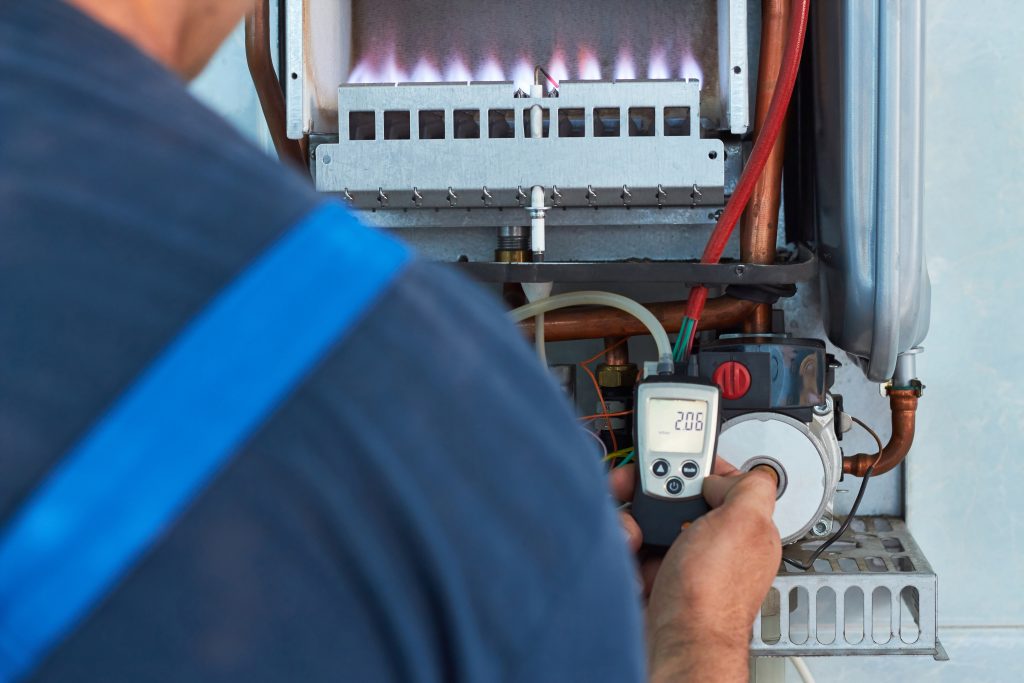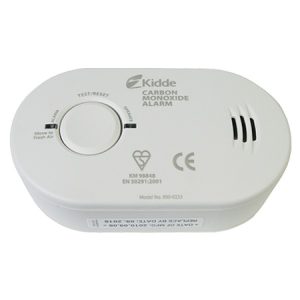Landlords, Tenants and Home Owners
You are responsible for ensuring that your gas appliances and fittings are safe and to current standards.
Forward Heating Services can carry out an annual gas safety check for you.
The Gas Safe Register now allows landlords and home owners to book their inspections up to 2 months before they are required but it will still be treated as if it were done on the deadline day.
What you can expect from us:
- Communicate with occupant to ascertain any problem with the gas installation and appliances
- A visual examination of the appliance and system to detect any hazards and existing design faults
- Check that all gas appliances have adequate ventilation
- Check the operation of all appliances, control taps, ignition system, flame supervision devices and the integrity of the gas pipes
- Check flame picture of any burners
- Check clearances from combustible materials, i.e. kitchen cupboards etc
- Check the stability of appliances (including provision of bracket or hook and chain on gas cookers)
- Check installation of gas pipes and flexible connections
- Ensure the operating pressure or heat input rate is correct
- Test all controls to ensure satisfactory operation
- Complete tightness test then check all disturbed gas connections using leak detection fluid
- Inform occupier and owner of any further work required or recommended

Carbon Monoxide Alarms
It’s important to be aware of the signs and symptoms of carbon monoxide poisoning as it can be fatal.
How can I prevent carbon monoxide poisoning?
Carbon monoxide poisoning is a serious risk, but fortunately, it’s very preventable. Here are three tips for avoiding exposure, including installing sensors throughout your home.
- Never heat your home with a gas range. Gas stoves produce carbon monoxide and can fill your home with the dangerous gas.
- Don’t run your car in the garage. If you want to warm up your vehicle in the winter, pull out of the garage first. Carbon monoxide is a common byproduct of vehicle exhaust and builds up quickly in a closed (or even open) garage.
- Always have proper ventilation. It’s extremely dangerous to run gas-powered tools (like generators, space heaters, and pressure washers) in an enclosed area like a basement or garage without adequate ventilation.

For open flues:
- Check the condition and full route of the flue and where applicable the stability of any terminal or chimney pot fitted
- Check the appliance flue connection to chimney or flue liner
- For back boilers check all pipe ducts or voids entering the builder’s opening including the annular space around flue liner
- Carry out a flue flow check
- For gas fires check and clear catchment space and check that the dampers have been removed or fixed in an open position
- Test the appliance for spillage using any guidance given in the manufacturers instructions
For room sealed appliances:
- Check case seals on appliances
- Check position of terminal, clearances from corners, vegetation and terminal guard
On completion a gas analyzer printout will be stapled to two copies of the gas safety form (CP12) to confirm that items inspected have been left in a safe condition.

